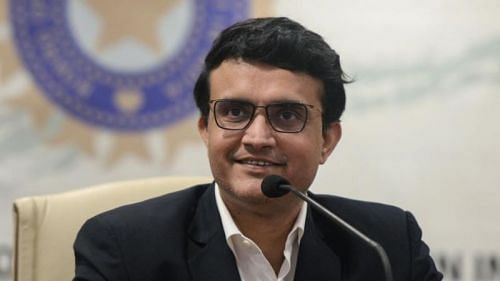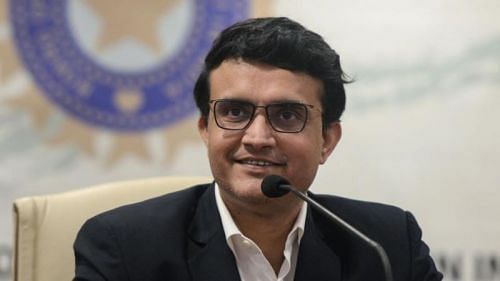
Sourav Ganguly implores people to 'be sensible' about COVID-19 precautions

Former Indian captain Sourav Ganguly has urged Indian citizens to take the utmost care amid the COVID-19 pandemic currently plaguing the world. This comes after Prime Minister Narendra Modi addressed the country on Tuesday and discussed the implementation of a 21-day nation-wide lockdown to fight the spread of the deadly virus.
Coronavirus has led to the postponement of the 13th edition of the Indian Premier League, which was scheduled to begin on March 29 but has been pushed to April 15 amid the virus outbreak.
Ganguly, president of the BCCI, took to Twitter to share a video featuring his list of do's and don'ts as India gears itself up for this lockdown. The tweet was captioned, "let’s fight this together.... we will get over #corona."
Also see – IPL 2020 schedule
The 47-year-old began by urging the people to hear out what the government and health departments have to say regarding the situation. He began,
“To my fellow countrymen and citizens around the world. These are very testing times in our lives but we will fight it. Listen to what every state government says... listen to what every health department says... listen to the directives of the central government. It’s important to stay at home... isolation is very very important.”
Ganguly went on to implore everyone to 'be sensible' going about the precautions needed at the moment considering that there is no known cure for the virus either.
The iconic former Indian cricketer continued,
“Be safe and be healthy but most importantly be sensible. Don’t try out things and don’t think nothing is going to happen to you. When it comes we will have no where to go.”
“So as I said, isolate yourselves. Be within the closed doors. And I know it’s tough and not easy but that’s the only solution because no one will know how the virus could get into our bodies and nobody knows what’s the cure. We will fight this and get over this.”
The virus has tallied over 400,000 cases around the globe and has claimed the lives of just over 15,000 people continuing to impact new areas.